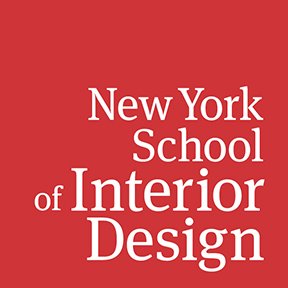Breeze Glazer
Breeze Glazer, LEED AP BD+C, is senior associate, sustainable design leader, research knowledge manager, Perkins+Will. He is passionate about redefining the role and impacts of the built environment on human and ecological health. Breeze works on a broad variety of projects including acute care hospitals, academic medical centers and health clinics, to corporate office renovations and transitional homeless shelters, among others. His research into sustainability covers topics as diverse as alternative energy systems, climate change mitigation, the business case and material health and toxicity, often in collaboration with academic institutions and non-profit organizations.
What’s the advantage of going back to school to specialize in healthcare interior design?
Designing for human health is one of the most important roles for an interior designer or architect today and there’s a growing need for talented professionals. The quality of care delivered by a healthcare facility can be directly related to the quality of its interior design. For this reason, healthcare interior designers are a critical aspect in the delivery of healthcare, an insight that is only growing in awareness. More so than any other building type, healthcare interior design requires a collaborative approach that incorporates the latest research and knowledge of relevant codes and requirements. Going back to school to specialize in healthcare interior design is an effective means for rapidly accruing a solid base of interior healthcare design knowledge and experience that otherwise can only be slowly gained over time in practice.
What’s unique about this program?
The program is the only professional studies, graduate degree program in healthcare interior design in the United States. It inherently recognizes the complexity of healthcare design and provides a sequenced educational experience within an applied learning environment. The curriculum was developed to reflect the collaborative process inherent to healthcare design today that’s required to deliver environments that are supportive, safe, maintainable and restorative within schedule and budget.
How do you bring your professional experience from Perkins+Will into the classroom?
My experience with Perkins+Will positively impacts the educational experience at the MPS-H program as it fundamentally grounds the curriculum within the real world needs of a professional firm. Perkins+Will is one of the largest global healthcare design firms, I’m currently working on healthcare projects in many different regions; from northern California to Saudi Arabia and beyond. This global perspective is critical as it is becoming more typical for US based designers to work on projects far across the world. I also serve in a healthcare design research capacity for the firm and bring that experience directly into the classroom.

